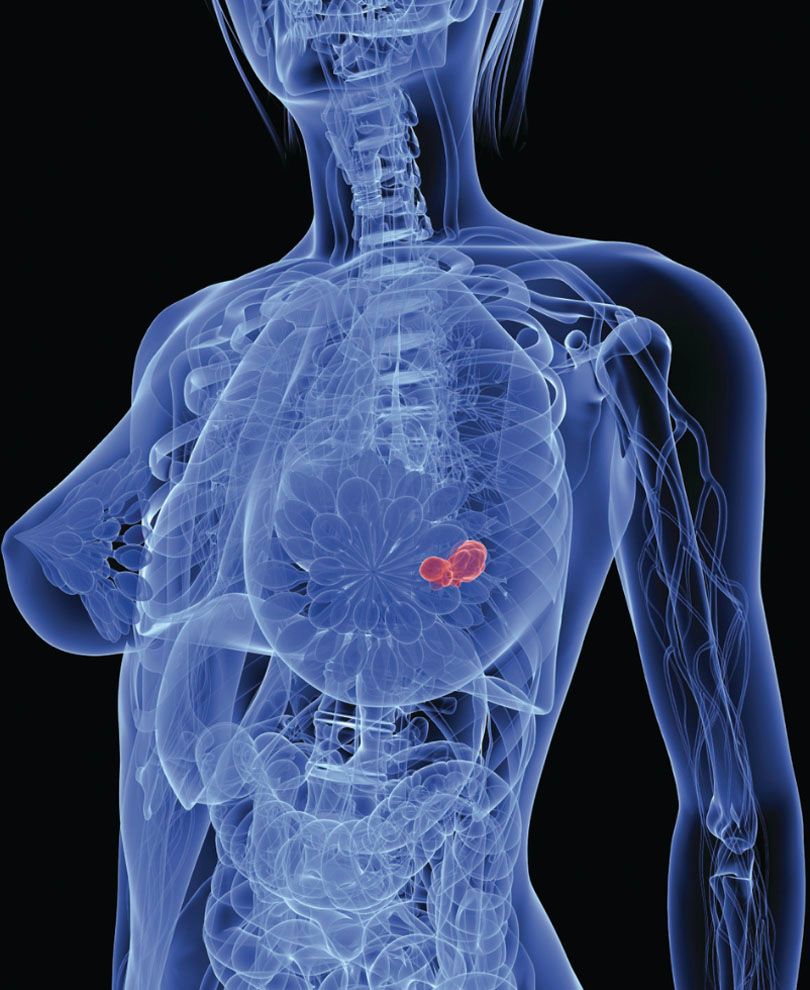F-627 Induces Lasting Benefit as Treatment of Chemotherapy-Induced Neutropenia in Breast Cancer
Based on phase 3 findings, F-627 appears at least as efficacious and safe as pegfilgrastim, which is the current standard of care, demonstrating strong and durable benefit in patients with breast cancer.

The pivotal phase 3 study (NCT03252431) evaluating efbemalenograstim alpha (F-627) as treatment of chemotherapy-induced neutropenia in patients with breast cancer met both the primary and secondary end points, Evive Biotech announced in a press release.
Based on these findings, F-627 appears at least as efficacious and safe as pegfilgrastim (Neulasta), which is the current standard of care, demonstrating strong and durable benefit in patients with breast cancer.
“F-627 has now shown positive results in its pivotal Phase III trial. We are excited that this trial has met its efficacy and safety endpoints as we believe that it has the potential to positively impact cancer treatment,” said William Daley, chief medical officer, Evive, in a statement. “This successful trial result reinforces F-627’s potential to be a strong first-line treatment, and an alternative for patients contraindicated or refractory to current treatment options.”
This agent, which is a recombinant fusion protein containing granulocyte colony-stimulating factor (G-CSF) at the amino terminal and human IgG2-Fc fragment at the carboxyl terminal, increases the production of white blood cells, which are an important component of the immune system’s ability to fight an infection. Chemotherapy is known to induce low concentration of white blood cells, but by boosting these levels, patients are less likely to experience infections during treatment with chemotherapy as it strengthens the immune system.
“F-627’s fusion protein structure presents a unique alternative as it reduces the possibility of allergic reactions caused by PEGylation used in pegfilgrastim,” stated Daley. “It was also very encouraging to see that the treatment was well tolerated, with infection rates for those treated with F-627 lower than in the control arm of the trial, which was more pronounced in certain patient subgroups.”
The global, multicenter, single-dose, double-blind, active-controlled, randomized study compared the efficacy and safety of F-627 and pegfilgrastim in the prophylactic treatment of chemotherapy-induced neutropenia in patients with breast cancer who are received myelotoxic TC chemotherapy treatment with docetaxel and cyclophosphamide.
F-627 is under evaluation in a global development program, in which the agent has successfully completed placebo-controlled and filgrastim (Neupogen)-controlled phase 3 clinical trials. In these studies, the primary and secondary end points have also been met. This program included 10 clinical trials, which enrolled over 1200 patients.
In agreement with the FDA, the study was conducted under a Special Protocol Assessment; there are plans to submit these data as part of a Biologic License Application to the FDA, as well as the Market Authorization Application for the European Medicines Agency.
“The successful completion of our global Phase 3 trial for F-627 is a validation of Evive’s platform, and the entire team’s commitment, dedication, and belief in this product,” said Jacky Liu, chief executive officer, Evive, in a statement. “This moment is a key milestone for us as a business as we move towards submitting F-627’s BLA application to the FDA – 1 of the first Asian biologics companies to advance a novel biologic product from pre-clinical studies to BLA submission. As we begin the next stage of our journey, exploring commercialization partnerships to make this product available to patients worldwide, I would like to thank the Evive team, trial clinics, and doctors who have worked so tirelessly to develop this critical and potentially life-saving treatment.”
Chemotherapy-induced neutropenia commonly occurs with treatment involving cytotoxic chemotherapy and impacts more than 8 million patients every year around the world and 1 million in the United States alone. F-627 is a combination of 2 molecules of rh-G-CSF. G-CSF is a growth factor on the neutrophilic lineage in the hematopoietic system, binding specifically to G-CSF receptors on precursor cells in bone marrow and mature neutrophils. The growth factor stimulates survival, proliferation, differentiation, and function of neutrophil precursors, as well as the mature neutrophils.
Reference
Evive biotech meets primary and secondary endpoints in global phase III clinical trial for their novel chemotherapy-induced neutropenia treatment. News Release. Evive Biotech; July 7, 2020. Accessed July 9, 2020. https://bit.ly/3fhfGuf